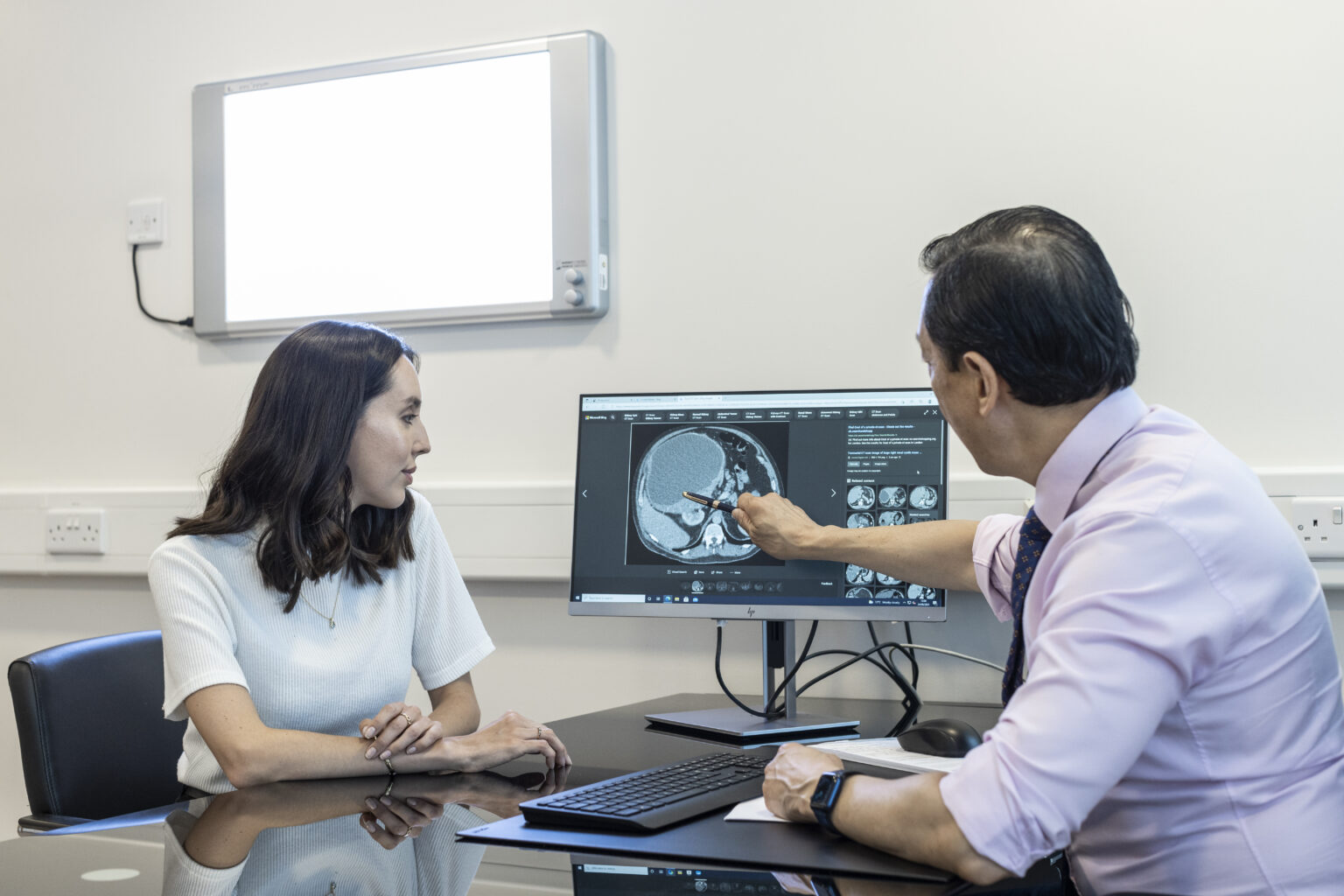Urology treatments at our London Urology Clinic
Our private urology clinic offers the highest standards of care to our patients, and our urology consultants work at London teaching hospitals and are leading specialists in their field. When you book an appointment at our urology clinic in London, you can expect to see a consultant within 24 hours — our clinic is open and appointments are available every day of the week. We know that urology problems can occur at any time, and sometimes you need urgent assistance. That’s why we’re happy to arrange last-minute appointments and have a 24-hour on-call emergency service.
Key Treatments
If you don’t see a required treatment below, get in touch for more information.
Consultants
Our Urology Consultants have a wealth of experience and expertise in diagnosing and treating urologic problems.
About Our Clinic
Our private urology clinic offers the highest standards of care to our patients, and our urology Consultants work at London teaching hospitals and are leading specialists in their field.
When you book an appointment at our urology clinic in London, you can expect to see a Consultant within 24 hours — our clinic is open and appointments are available every day of the week. We know that urology problems can occur at any time, and sometimes you need urgent assistance. That’s why we’re happy to arrange last-minute appointments and have a 24-hour on-call emergency service.
Patient Information
We recognise that coming into the hospital can be a stressful and unnerving experience. At St John & St Elizabeth Hospital we are committed to the welfare of all our patients and you will find all staff will work hard to ensure your stay with us is a positive experience.

